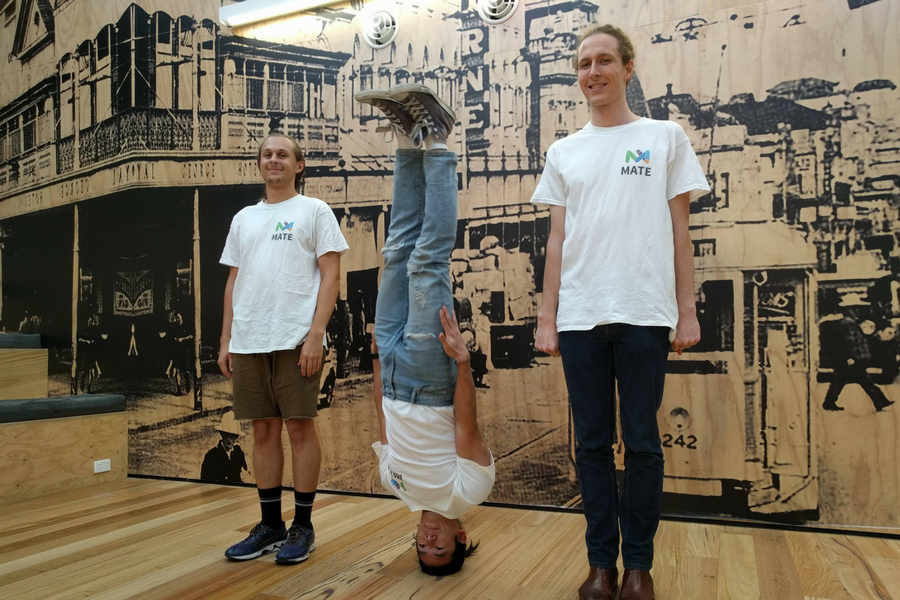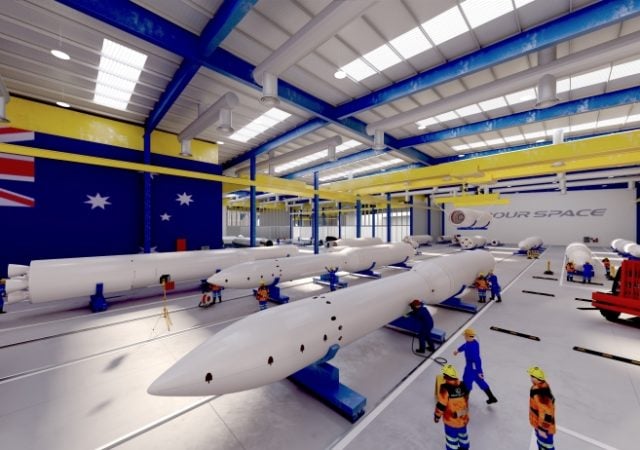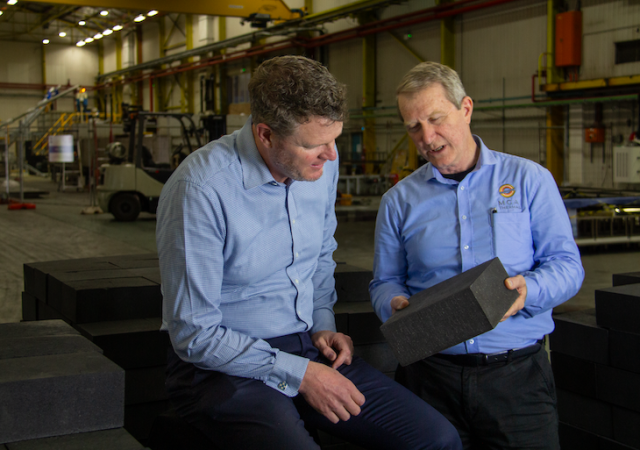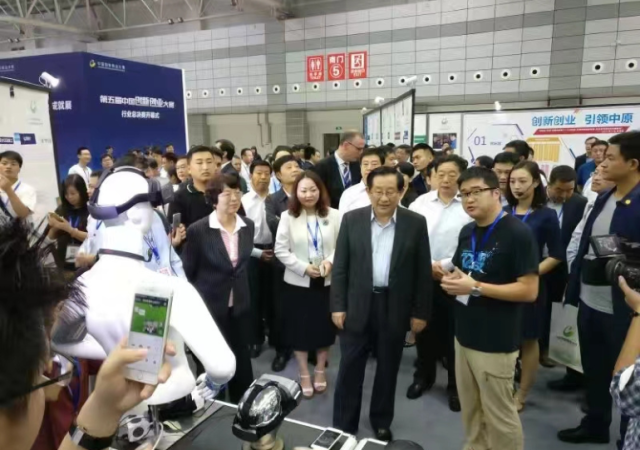Getting kids engaged in learning science, technology, engineering, and maths (STEM) subjects – and getting them to do well in these subjects – has never been more important as STEM skills become more important, however Australia is falling behind.
A Federal Government committee last year determined that Australia is currently heading along a “decay curve” in terms of STEM-capable students, with this in part due to the quality of STEM education in schools.
With teachers busier than ever inside the classroom and out, however, a growing number of edutech startups are working to help better support both teachers and students and their learning.
Founded by mechatronic engineering students Cal Acutt, Yuj Takahashi, and Lachy Fitzpatrick, Brisbane startup Math Mate is working to help all kids engage with and enjoy learning maths through the development of Do Math Good, an app that gamifies the learning process.
Why? Explained Fitzpatrick, “We believe in the power of maths to enable dreams and create secure jobs. Our vision is a world where all students can learn complex maths such as algebra and calculus irrespective of their situation.
“The problem is that there are so many variables in maths education that it is common for kids to be left behind or put into a negative mindset. To tackle this we create engaging digital learning experiences for students.”
The team began developing what Fitzpatrick called the “core maths engine” while they were at university, simply to help themselves and their friends do their assignments.
As they progressed with its development, they realised the engine – one of three similar maths engines in the world, according to Fitzpatrick – had potential to help other students.
“We already have the digital natives reaching university. These students have grown up with a touchscreen in arms reach since before they could walk; the way they learn and absorb knowledge is different to previous generations yet maths is still being taught in the same way,” he said.
With funding and assistance through the University of Queensland’s iLab program, the team began work on developing the idea into a business.
“The maths engine we have begun developing is one of three in the world and the potential for it is quite exciting, from creating an adaptive digital maths tutor to giving education institutions access to meaningful cohort data. One of the hardest things has been selecting which of these opportunities to pursue as they all represent market gaps currently,” Fitzpatrick said.
The current iteration of Do Math Good, the first product built on the basis of the core maths engine, works by being centered on a particular module, with algebra the sole module on the app at the moment.
As Fitzpatrick explained it, each level of the module reinforces a specific concept through a tutorial, or an interactive lesson; then practice, in a ‘maths playground’ where students can explore and develop; and finishes off with a challenge, where students are tested to ensure students understand the concept.
The startup has been working to target parents with children who are struggling with algebra, with early adopters coming primarily through word of mouth, Fitzpatrick said.
The team has also been working with teachers and students at schools to look at how its technology can assist in the classroom, kicking off by contracting the schools they went to.
“Schools are interested in getting involved as it is recognised that there are many opportunities for integrating technology into the classroom, and to help overcome many of the challenges that come with a classroom environment, such as students getting left behind or disengaged,” Fitzpatrick said.
“Teachers also face a constant struggle with limited time but multiple classes to manage. This provides many opportunities for technology to assist teachers so that they can focus on their most important tasks.”
The focus on high school students is what Fitzpatrick believes sets Do Math Good apart from its competitors, with the biggest being Dragon Box, which focuses on students in their early high school year and below.
To boost its work with parents and schools and further develop a strong base of early adopters, Do Math Good has launched a Foundation Program that will essentially work to custom-build an app to the participant’s needs, with 20 participants being sought.
“We want to work closely with parents who deeply care about their children’s education, particularly parents who are already investing in tutoring or other educational apps already,” Fitzpatrick explained.
Beyond this, as the team works to develop new modules for Do Math Good – on the cards are exponents, logarithms, and simultaneous equations to complete the foundations of algebra for advanced maths, Fitzpatrick said – they envision monetising it through a freemium model.
“We are also interested in exploring other monetisation strategies such as opt-in crypto mining and monetising the big data that we will get access to,” Fitzpatrick said.
Currently taking part in the River City Labs accelerator, the startup is working towards reaching 1,000 customers through 2018.
Had enough of all the startup buzzwords? So have we. That’s why we’re asking the startups we chat to to send us a video where they pitch their business in a way that’s easy enough for even the most technophobic of grandparents to understand:
[totalpoll id=”70765″]
Image: the Math Mate team. Source: Supplied.




















Trending
Daily startup news and insights, delivered to your inbox.